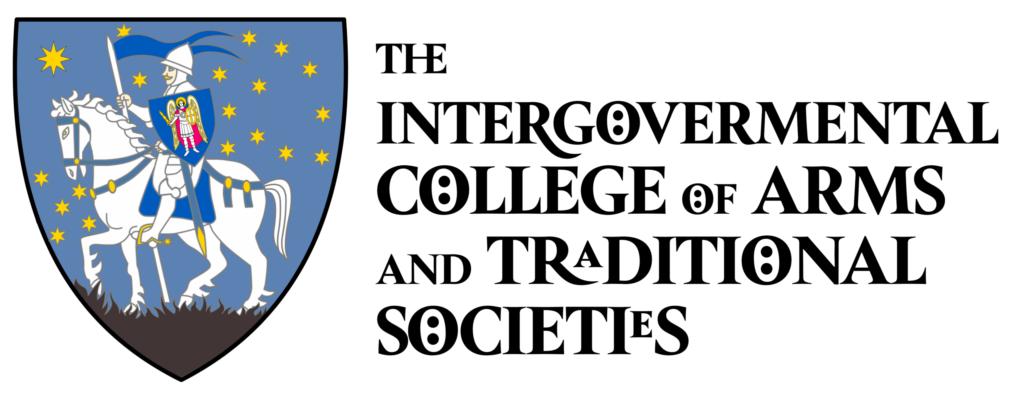When purchasing real estate in France, buyers must adhere to strict regulations regarding the documentation of the source of their funds. This process is crucial not only for compliance with anti-money laundering laws but also to ensure a smooth transaction. This article provides a comprehensive guide on how to properly document the origin of funds when buying property in France.
Understanding Legal Requirements
In France, the process of documenting the origin of funds falls under the broader regulatory framework aimed at combating money laundering and terrorist financing. The French notaries play a pivotal role in verifying the sources of funds in real estate transactions. They ensure that the funds used in purchasing properties are legitimate and comply with both French and international laws.
Steps to Document the Origin of Funds
- Identification of the Buyer: The first step involves the thorough identification of the buyer using valid identification documents such as a passport or a national ID card. This also includes verifying the buyer’s address and financial history.
- Proof of Funds: Buyers need to provide comprehensive evidence of where their money has come from. This might include:
- Bank Statements: Recent statements showing the accumulation of funds.
- Sale of Assets: Documents proving the sale of assets, such as another property or stocks.
- Income Documentation: Payslips, tax returns, or business profits to prove earnings.
- Gifts or Inheritances: Legal documents that confirm the funds have been gifted or inherited, along with declarations from the giver or executor.
- Engaging with Financial Institutions: When funds are being transferred to France from abroad, buyers should ensure that their banks are aware of the transaction and can provide necessary documentation proving the legitimacy of the funds.
- Consultation with a Notary: In France, notaries are legally required to oversee real estate transactions. They will require access to all documents that verify the origin of your funds. It is advisable to consult with a notary early in the process, as they can provide guidance specific to the requirements of French law.
- Additional Checks for Foreign Funds: If the funds come from outside France, additional scrutiny will be applied. This may involve more detailed financial disclosures or checks carried out by French financial authorities to ensure compliance with international anti-money laundering guidelines.
- Documentation Translation: If any documents are not in French, they must be translated by a certified translator. This is crucial as all legal proceedings and checks will be conducted in French.
Common Challenges and How to Overcome Them
Buyers often face challenges related to the complexity of proving the origin of funds, especially when these involve foreign elements or complex financial structures. To navigate this:
- Maintain clear and organized financial records.
- Engage services of experienced local real estate agents and notaries who understand the legal landscape.
- Be proactive in communicating with your bank and legal advisors to ensure all paperwork is complete and compliant.
Conclusion
Documenting the origin of funds for a real estate purchase in France can be a complex process, influenced by both national and international legal frameworks. By understanding the requirements and preparing thoroughly, buyers can ensure that their real estate transactions proceed as smoothly as possible. Always remember that this is not just a bureaucratic requirement but a crucial step to safeguard your investment and adhere to the law.



